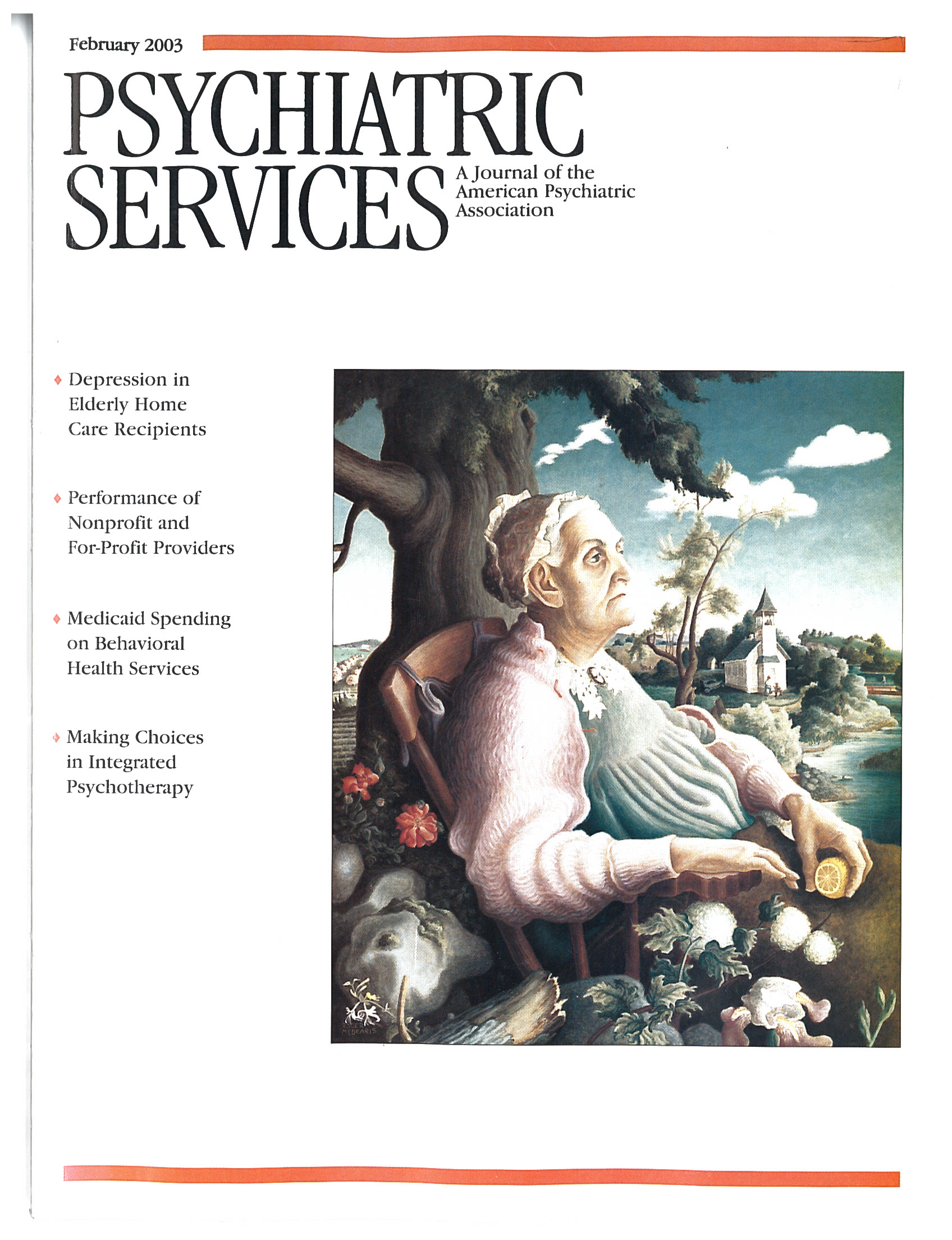Leadership
To the sagging shelves of books addressing "leadership," Rudy Giuliani, recent hero of New York, has added another.
This book moves fast, and in doing so it careens repeatedly between two potentially fatal problems—self-absorption and oversimplification. However, like Giuliani himself, the book manages to rise above those flaws to leave a powerful impression. In the end, in fact, the peculiar strengths of Leadership do more than overshadow these two weaknesses.
The problem of self-absorption is pervasive. I could not count the number of anecdotes and examples beginning with "When I …." In an autobiography, the ever-present first person might be more expected. Making my way through the book I realized that Leadership is precisely that—an autobiographical exposition of the lessons that Giuliani has extracted from reflecting on his own work as a leader. This is not an academic treatise, nor is it a typical how-to guide for leaders in practice. It is unabashedly about one man's effort to make sense of his own life, and make tangible the lessons that he sees there.
Giuliani's taste for oversimplification is evident from the table of contents onward. His lessons about leadership, from "First things first" to "Don't give in to bullies" are, frankly, trite and contribute nothing to the already overwhelming literature on leadership. Sometimes, Giuliani's admonitions seem at odds with one another—for example, his insistence that he does not micromanage and his myriad examples of doing just that. I had hoped that he would discuss the ways in which he reconciles these tensions, but he does not.
Although enormously well read and clearly powerfully intelligent, Giuliani is fundamentally a pragmatist, more interested in making things work than in exploring theoretical nuances.
It is the richness of the author's examples that saves Leadership from its problem with oversimplification. Anyone can lecture readers on the fine points of theory, but describing precisely how core beliefs contributed to Giuliani's successes in New York is another thing entirely.
So what is special about this book? Three things. For one thing, Giuliani takes us inside the workings of New York as the city suffered, and then recovered from, the terrorist attacks on the World Trade Center. That, in and of itself, is riveting and choking reading. Second, Leadership trumpets a crucial lesson—in a world that seems too big, too complex to change—that passion, hard work, and a calling to serve can indeed make a difference. The point is not just that Giuliani did it this way. The point is that this is what it takes, and, as he reminds us repeatedly, others too can make a difference in the very same way. Finally, and most importantly, Leadership creates a portrait of a man passionate to the bones about public service, committed above all else to making a difference. This is a man who, until September 11, 2001, never missed the funeral of a New York City employee killed in the line of duty. Is that because he was "well managed" by his "handlers"? Think again. For all his confidence, pride, and even self-absorption, he is constantly talking about others as well—others he respects, trusts, relies on, cares about, believes in, even loves. Over and above his list of homilies, this is what leadership is about for Giuliani, and it shines through, story after story.
I do not mean to suggest that all is altruism with Giuliani, or that his psyche is more straightforward or "better" than anyone else's. Indeed, there is enough here about Giuliani's family, early life experience (beating up the bigger bully when he was five years old), his mentor and friends … that one so inclined could create a companion piece to Leadership in the genre of "psychobiography." That field, however, is rife with its own perils, and such an exegesis of Leadership would fundamentally miss the essence of the book.
There are two minor points worth noting. First, Giuliani, taught to box by his father at an early age and an admitted fan of the prizefights, is not for one second afraid of conflict. Not only will he fight for what he believes in, but also he insists on the value of forceful argument in the service of clarifying options, establishing priorities, and making decisions. Giuliani rescues conflict in the executive office from its pejorative connotations and hands it back to us as a viable and valuable tool of leadership.
Second, Giuliani redeems "the meeting" from its place in the halls of business hell. He knows how to run a meeting and tells us how he used meetings to advance one initiative after another. For health care professionals, some of whom insist that they have never attended a worthwhile meeting in their lives, this advice is critically instructive.
Rudolph Giuliani, clearly the same man before September 11 that he was in the aftermath of the terrorist attacks, made enemies galore during his two terms as New York's mayor. Yet arguably he first led the rescue of New York from a downward slide—in terms of crime, infrastructure, and "livability"—and then led its rebound after September 11. Now he tries to lead us. We need not put him on a pedestal. He comes close enough to doing that for himself. We should, however, listen very closely—not for Giuliani, but for ourselves.
Dr. Lister is managing partner at Ki Associates in Portsmouth, New Hampshire.



